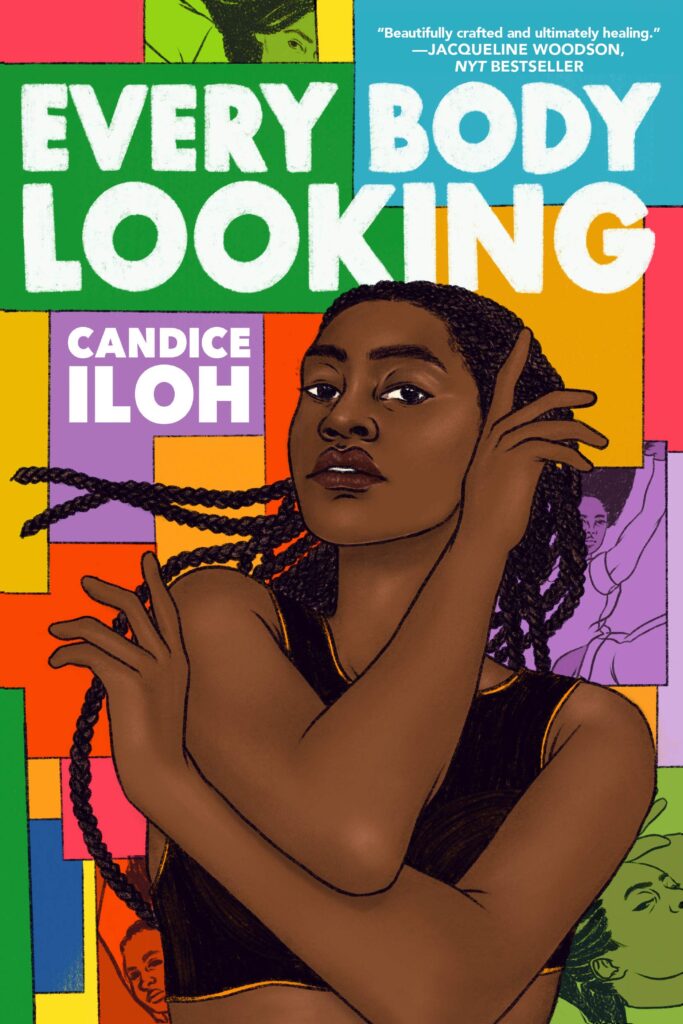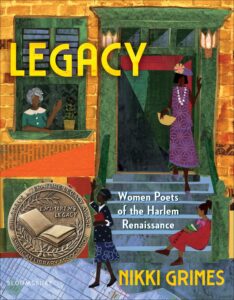“Getting By” Is a Thoughtful Story about Attraction and Personal Growth
"Getting By" Is a Thoughtful Story about Attraction and Personal Growth
Carver, a seventeen-year-old Black man, is a high school student facing a variety of challenges. Not only is he preparing to take the ACT, but he is also dealing with violent bullies and trying to figure out his sexuality while immersing himself in his first romantic relationship. When things start to come to a head, Carver must figure out how to deal with everything and emerge unscathed.
One of the first things that I enjoyed about the book was Carver’s voice, which is formal yet very detailed and honest. While some might find it stiff and lacking expression compared to those of other teen protagonists, it’s important to note that Carver’s voice is different because he—and the author—are autistic. At one point, Carver mentions that his stoic way of speaking caused someone to nickname him “robot,” but how he doesn’t mind, since he knows he isn’t too expressive.
 Of all the thoughts Carver shares with the reader, his thoughts about different levels of attraction are some of the most surprising and validating. Given that some people assume that autistic people are too childish to understand romance and sex, it was gratifying to see Carver openly and privately lust after men. At the same time, watching him realize what he wants from a romantic relationship by dating his best friend, Jocelynn, demonstrates the complexity of navigating personal sexuality.
Of all the thoughts Carver shares with the reader, his thoughts about different levels of attraction are some of the most surprising and validating. Given that some people assume that autistic people are too childish to understand romance and sex, it was gratifying to see Carver openly and privately lust after men. At the same time, watching him realize what he wants from a romantic relationship by dating his best friend, Jocelynn, demonstrates the complexity of navigating personal sexuality.
In addition to his thoughts on his personal orientation, Carver is also gregarious about other things, such as his passion for photography, his hobbies of drawing and playing guitar, and his love of Disney films. Not only does he discuss these things through internal dialogue, but he also expresses his feelings about them with others he feels comfortable with, especially Jocelynn. One scene that I enjoyed is when the two of them go on a picnic and Carver plays a few songs that he learned on guitar.
In addition to Carver himself, there is also a decent cast of characters that drive the story along. Jocelynn is a very sweet young woman, while bullies Tyrell and Raymond are typically superficial, with a disturbing disdain for queerness. Ava and Heather are loyal friends to Carver. One character who was a pleasant surprise was Donnell, the Black jock who Carver crushes on and lusts after. At first, Donnell appears to be someone Carver can only admire from afar, but a single conversation late in the book humanizes him.
One minor issue this book has is that it can get dull when Carver isn’t narrating, thinking, or talking to someone else. Since Carver is the protagonist, it is understandable that his voice is the most dominant one in the book. However, the richness of the novel’s portrait of Carver is rarely extended to secondary characters who he doesn’t regularly interact with. It would have been nice, for example, to learn about Carver’s parents through conversations similar to those he has with Jocelynn’s parents.
All in all, Getting By is a thoughtful coming-of-age story about attraction and personal growth. With an authentic main protagonist and a nice cast of characters, this is a vibrant read.

The Afro YA promotes black young adult authors and YA books with black characters, especially those that influence Pennington, an aspiring YA author who believes that black YA readers need diverse books, creators, and stories so that they don’t have to search for their experiences like she did.
Latonya Pennington is a poet and freelance pop culture critic. Their freelance work can also be found at PRIDE, Wear Your Voice magazine, and Black Sci-fi. As a poet, they have been published in Fiyah Lit magazine, Scribes of Nyota, and Argot magazine among others.

Top photo by Thuanny Gantuss from Pexels

 Stone’s oldest biological daughter, London, is almost as bad as her father. Caught between a desire to please her family and rebel against them, she belittles or ignores Tiffany for most of the book. When London and Tiffany first meet, she makes a rude, colorist comment about how dark Tiffany’s skin is. Later, she films Tiffany falling on the basketball court and then shares the video with her friend, who uploads it with racist overtones added in. Although London swears she didn’t want things to go that far due to how her dad monitors his children’s social media, this is a really flimsy excuse.
Stone’s oldest biological daughter, London, is almost as bad as her father. Caught between a desire to please her family and rebel against them, she belittles or ignores Tiffany for most of the book. When London and Tiffany first meet, she makes a rude, colorist comment about how dark Tiffany’s skin is. Later, she films Tiffany falling on the basketball court and then shares the video with her friend, who uploads it with racist overtones added in. Although London swears she didn’t want things to go that far due to how her dad monitors his children’s social media, this is a really flimsy excuse. One of the most intriguing things about
One of the most intriguing things about 
 Felix Ever After
Felix Ever After The Summer of Everything
The Summer of Everything Let’s Talk about Love
Let’s Talk about Love Magnifique Noir
Magnifique Noir The Black Flamingo
The Black Flamingo Raised by a strict, religious Christian father and separated from her alcohol-addicted mother, Ada wants to take her life into her own hands but isn’t sure how to go about it. Due to past trauma and her shaky upbringing, she is so focused on other people’s expectations of her that she hasn’t really considered what she wants for herself.
Raised by a strict, religious Christian father and separated from her alcohol-addicted mother, Ada wants to take her life into her own hands but isn’t sure how to go about it. Due to past trauma and her shaky upbringing, she is so focused on other people’s expectations of her that she hasn’t really considered what she wants for herself. This is more of a collection of poems and visual art than a novel in verse, but I’m including this book because it’s become one of my new favorites. Using the Golden Shovel poetry form, Grimes takes one line or short poem from a Black female Harlem Renaissance poet and uses it to make her own poem. The book itself is formatted so you read the Harlem Renaissance poem first and then the poem it inspired Grimes to write. Each set of poems is also accompanied by visual art by Black women, including Vashanti Harrison and Shada Strickland. As a whole, the poetry and illustrations work together to bridge the past and present.
This is more of a collection of poems and visual art than a novel in verse, but I’m including this book because it’s become one of my new favorites. Using the Golden Shovel poetry form, Grimes takes one line or short poem from a Black female Harlem Renaissance poet and uses it to make her own poem. The book itself is formatted so you read the Harlem Renaissance poem first and then the poem it inspired Grimes to write. Each set of poems is also accompanied by visual art by Black women, including Vashanti Harrison and Shada Strickland. As a whole, the poetry and illustrations work together to bridge the past and present. Long Way Down by Jason Reynolds
Long Way Down by Jason Reynolds Every Body Looking by Candice Ihoh
Every Body Looking by Candice Ihoh
Recent Comments